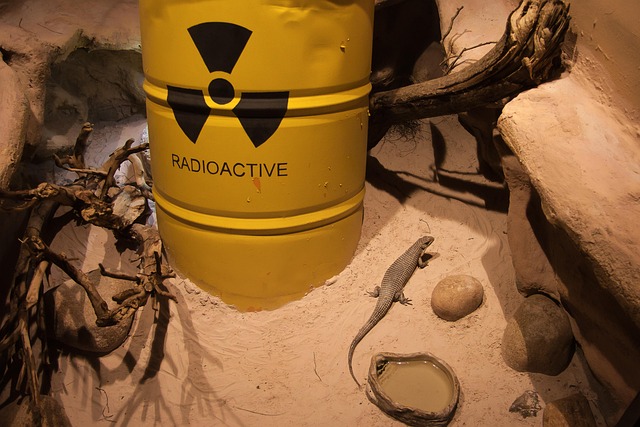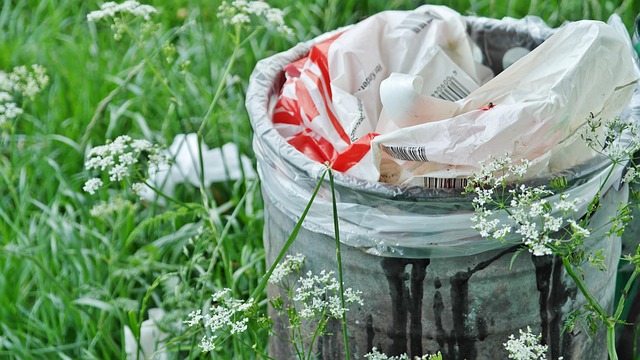Precision is paramount in translation services for UK Environmental Impact Assessments (EIAs), as accurate, complete data is crucial for regulatory bodies' informed decision-making. Misinterpretations can lead to severe ecological and economic impacts due to incorrect decisions. Specialized translation services with environmental scientists ensure technical accuracy, comply with UK regulations, and maintain report integrity. Best practices include quality assurance, specialized translators, technological integration, and continuous improvement. Reputable providers streamline the process with technology while ensuring human oversight for critical assessments. UK authorities should adopt robust QA measures, including multi-stage validation, peer review, and regular audits, to meet accuracy standards for these essential translations.
Ensuring accuracy in translated environmental reports is paramount for UK authorities to make informed decisions. With an increasing global impact on local environments, the need for precise communication in diverse languages is more critical than ever. This article explores the significance of accurate translations in environmental reports, delving into challenges specific to UK Environmental Impact Assessments (EIAs). It offers best practices for translation services, highlights the role of technology and professional translators, and presents quality assurance protocols specifically designed for UK authorities.
- Understanding the Significance of Accurate Translations in Environmental Reports
- Challenges in Translating Environmental Impact Assessments
- Best Practices for Ensuring Quality in Translation Services
- Role of Technology and Professional Translators in Maintaining Accuracy
- Quality Assurance Protocols for UK Authorities to Verify Translated Reports
Understanding the Significance of Accurate Translations in Environmental Reports

Accurate translations are paramount in environmental reports, especially for UK authorities overseeing Translation services for UK Environmental Impact Assessments. A minor misstep in translation can lead to misunderstandings or misinterpretations of critical data, potentially undermining the integrity of the entire report. Given the complex and nuanced nature of environmental regulations, precise language is essential to convey the correct information.
Inaccurate translations may result in regulatory bodies making flawed decisions based on incomplete or incorrect data. This could have severe ecological and economic consequences. Professional translation services specializing in environmental reports are crucial to ensuring that all documentation adheres to strict standards, thereby facilitating effective decision-making processes and upholding the UK’s commitment to environmental stewardship.
Challenges in Translating Environmental Impact Assessments

The process of translating environmental impact assessments (EIA) presents unique challenges that demand meticulous attention to detail. One of the primary hurdles is capturing the nuanced terminology specific to environmental science and policy, which often varies across languages. Misinterpretations or direct translations can lead to inaccurate representations of critical ecological data, potentially undermining the integrity of the report. For instance, descriptive terms for biodiversity hotspots or pollution levels might not have precise equivalents in other languages, making it crucial to consult subject matter experts during the translation process.
Additionally, regulatory requirements in the UK for EIAs dictate a high standard of precision and consistency. This necessitates the use of professional translation services with specialized environmental scientists on their team to ensure technical accuracy. The complexity increases when dealing with cross-border projects, where understanding regional variations in both legislation and environmental terminology becomes essential. Effective communication between translators, environmental consultants, and regulatory bodies is vital to navigate these challenges and produce reliable translated EIAs that align with UK standards.
Best Practices for Ensuring Quality in Translation Services

When it comes to translation services for UK Environmental Impact Assessments, maintaining accuracy is paramount. Best practices involve rigorous quality assurance processes, including peer review and back-translation, to catch even subtle errors. Using specialized translators with expertise in environmental jargon ensures technical precision while aligning with regulatory requirements.
Additionally, integrating technology like machine translation tools and term bases can enhance efficiency and consistency. Regular training sessions on industry-specific terminology further refine the translation quality. Reputable translation service providers also foster open communication, encouraging feedback from clients to continually improve their services.
Role of Technology and Professional Translators in Maintaining Accuracy

In today’s globalised world, the need for precise and reliable translation services for UK environmental impact assessments is more critical than ever. Technology plays a pivotal role in facilitating this process, offering advanced tools to streamline translation workflows. Machine translation platforms, for instance, can quickly render documents into various languages, but they must be employed judiciously. Human intervention remains indispensable to ensure accuracy; professional translators with expertise in environmental terminology can verify the quality and context of machine-translated text, eliminating potential errors.
These human translators are adept at navigating complex regulatory language and ecological concepts, ensuring that technical details and nuances are preserved across languages. By combining technological efficiency with human expertise, translation services for UK Environmental Impact Assessments maintain accuracy and consistency, meeting the stringent requirements of UK authorities while fostering international collaboration on environmental matters.
Quality Assurance Protocols for UK Authorities to Verify Translated Reports

UK authorities must implement stringent Quality Assurance (QA) protocols when verifying translated environmental reports to ensure accuracy and maintain regulatory compliance. This involves a multi-step process that begins with selecting reputable translation services specializing in environmental impact assessments. Such services should employ linguists with specialized knowledge in ecology, sustainability, and relevant legislation.
Beyond linguist expertise, QA protocols should encompass machine translation validation, term consistency checks across documents, and cross-referencing against original source data. Peer review by subject matter experts is also vital, as it detects nuances and localizations that automated processes might miss. Regular audits and feedback mechanisms further strengthen the verification process, ensuring translated reports align with UK environmental standards and regulatory expectations.
Accurate translation of environmental reports is paramount for effective communication and decision-making within UK authorities. Navigating the complexities of technical language and cultural nuances in translation services for UK Environmental Impact Assessments requires a strategic approach. By adopting best practices, leveraging technology, and establishing robust quality assurance protocols, authorities can ensure that translated reports maintain their integrity and reliability. This meticulous process safeguards the accuracy of data, fosters informed policy-making, and promotes sustainable development across the nation.
